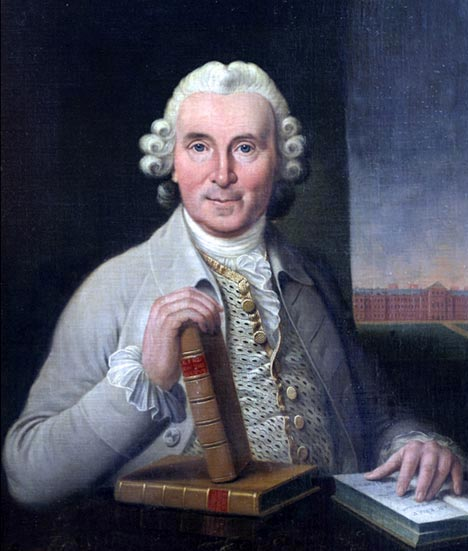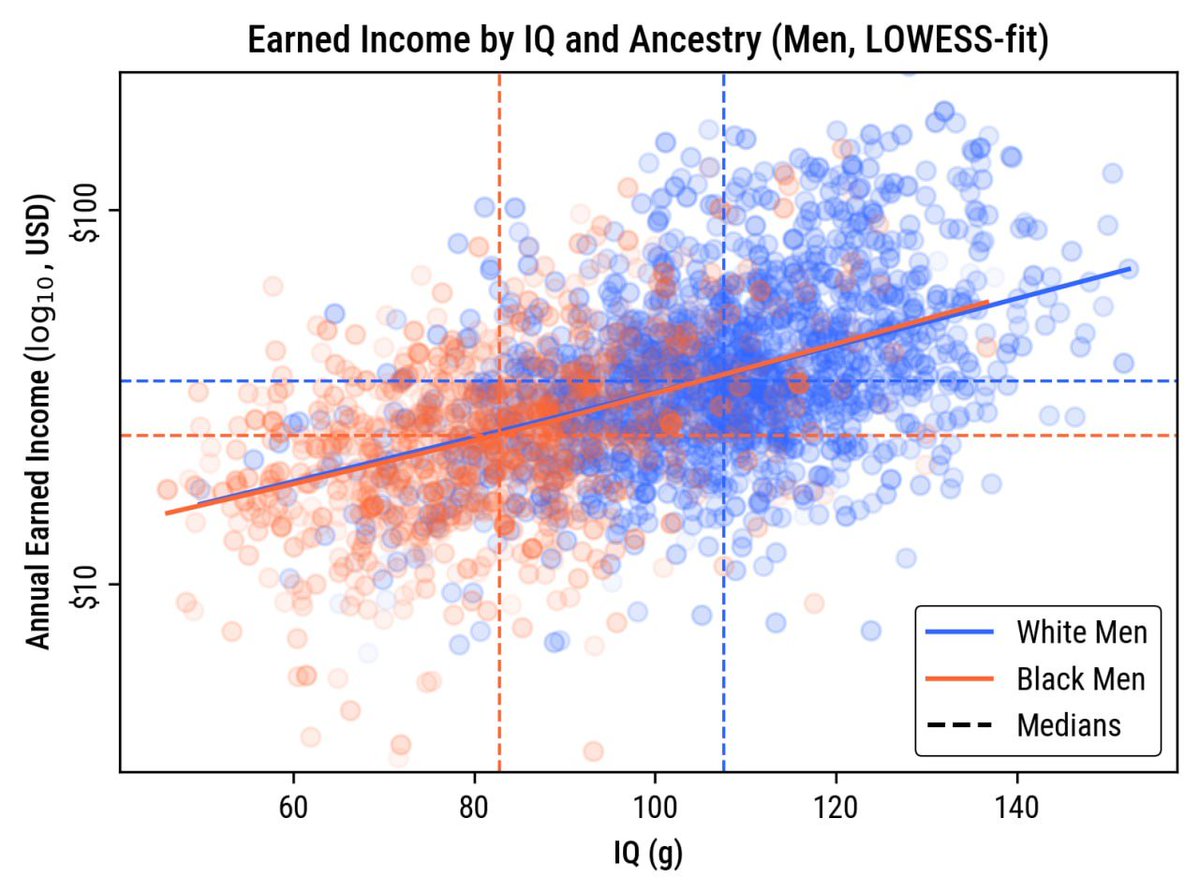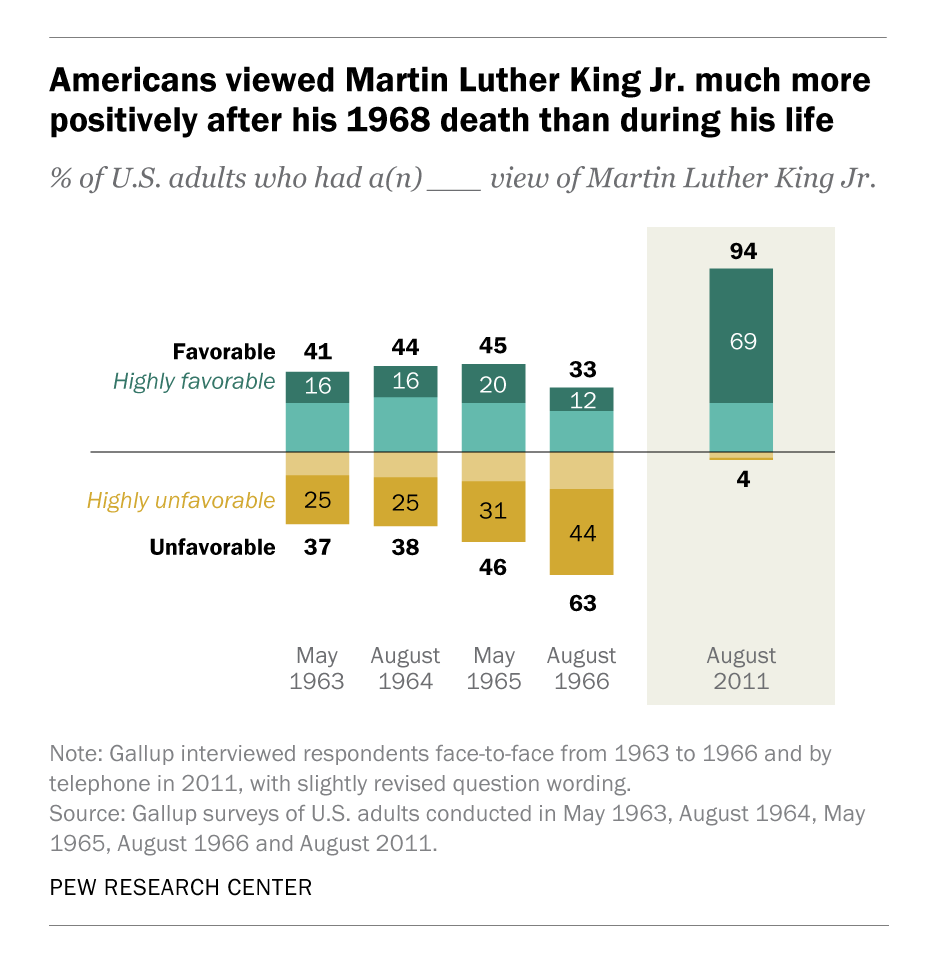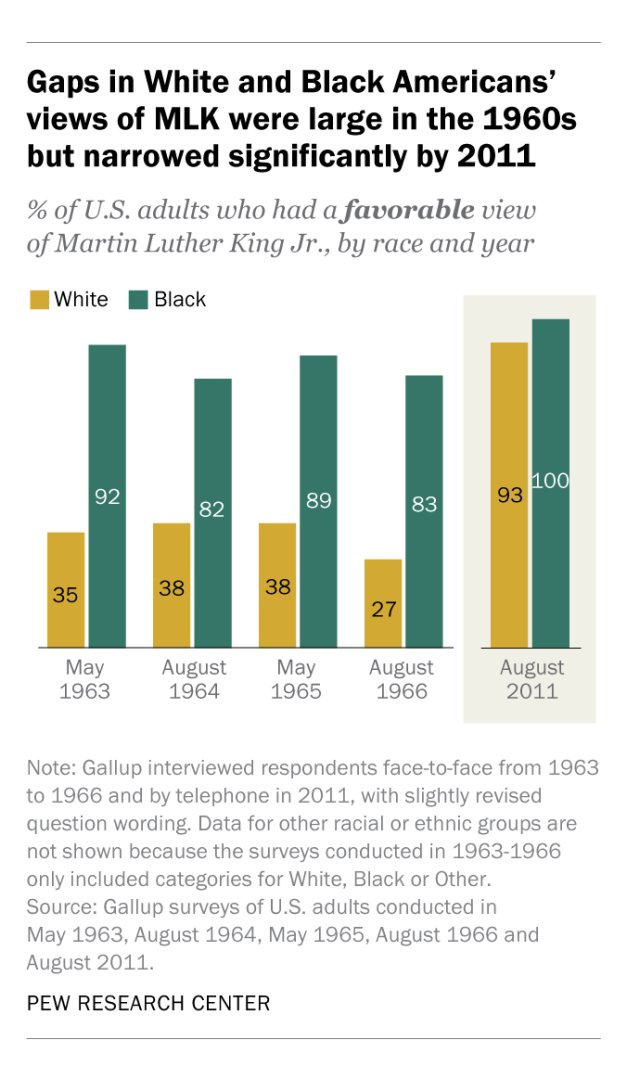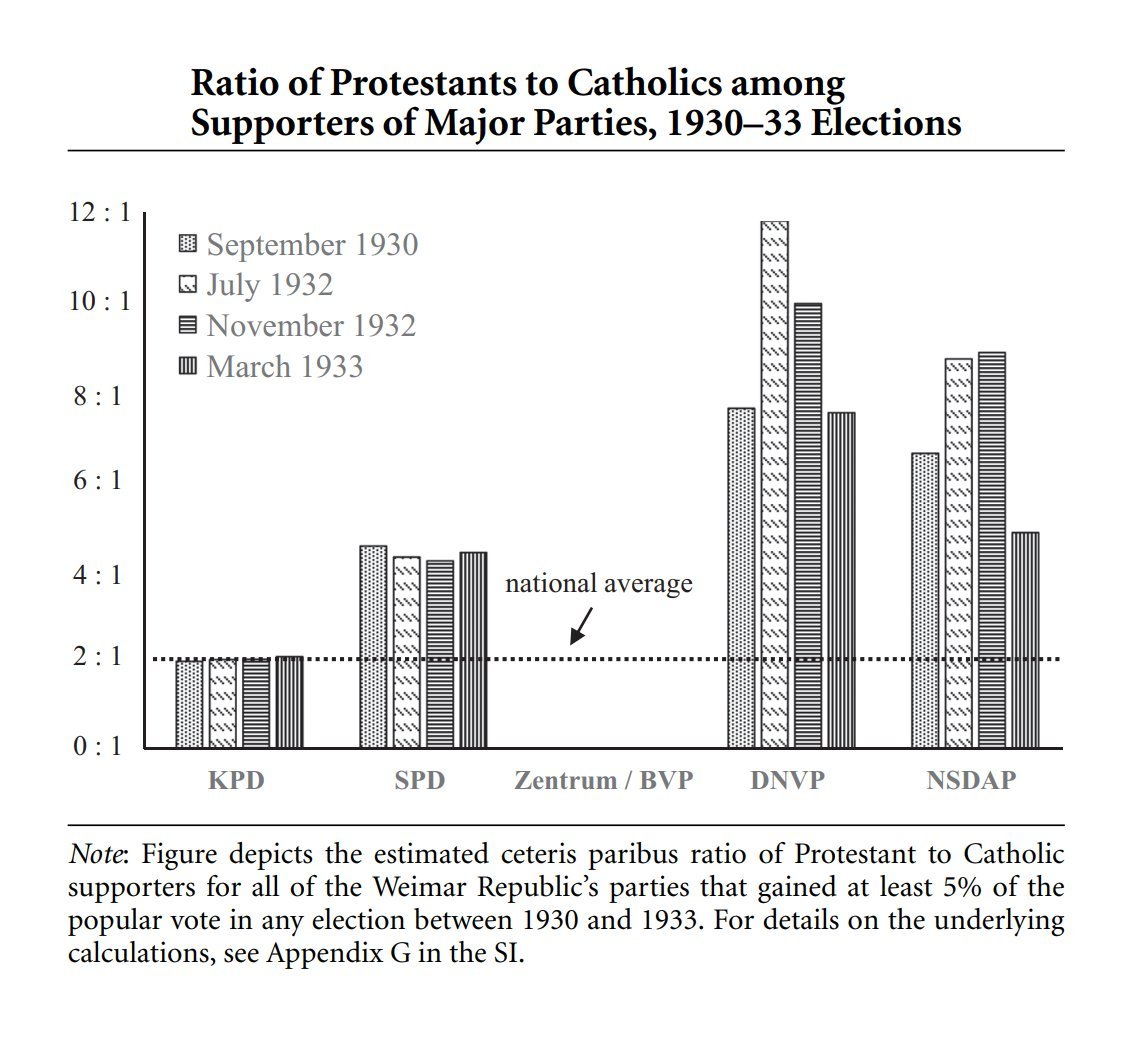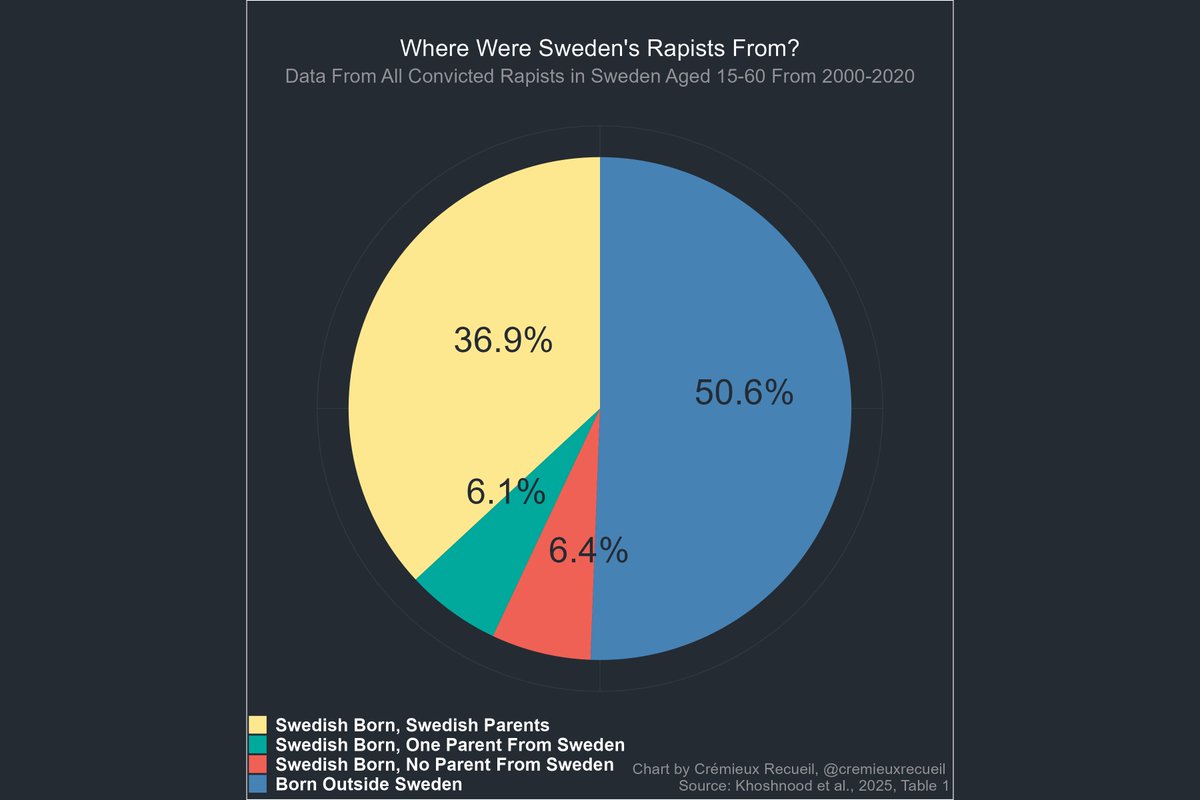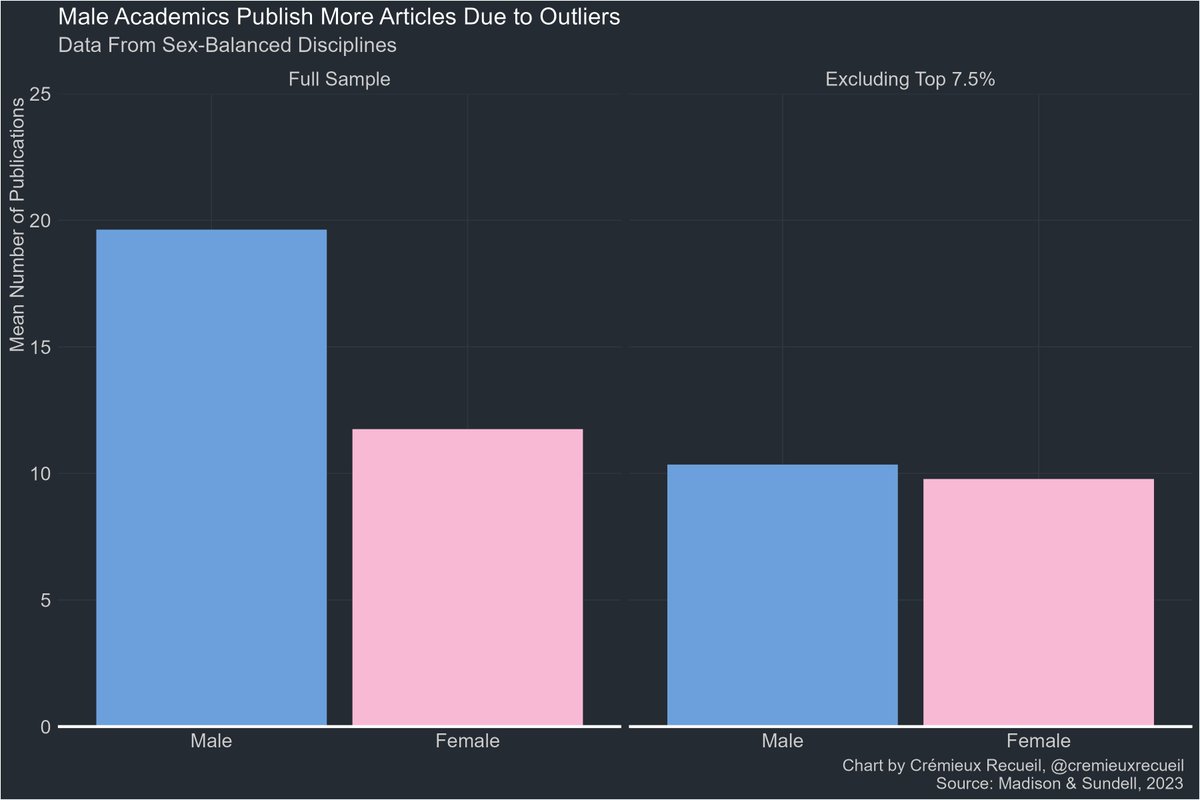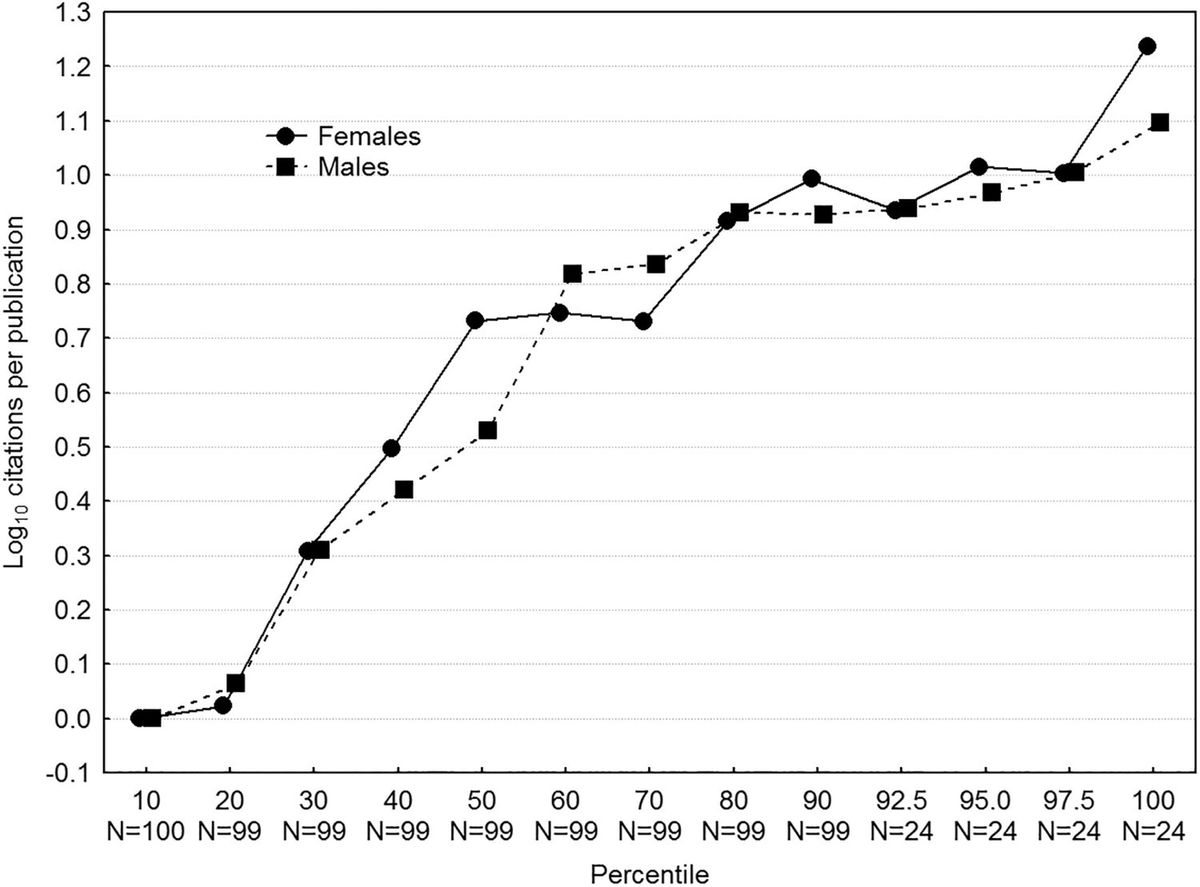Healthcare in the U.S. is more expensive than in peer countries primarily because Americans consume so much more care, not because the number of administrators is out of wack
One way we know this is through private equity
When PE firms buy hospitals, they drastically cut admin:
One way we know this is through private equity
When PE firms buy hospitals, they drastically cut admin:
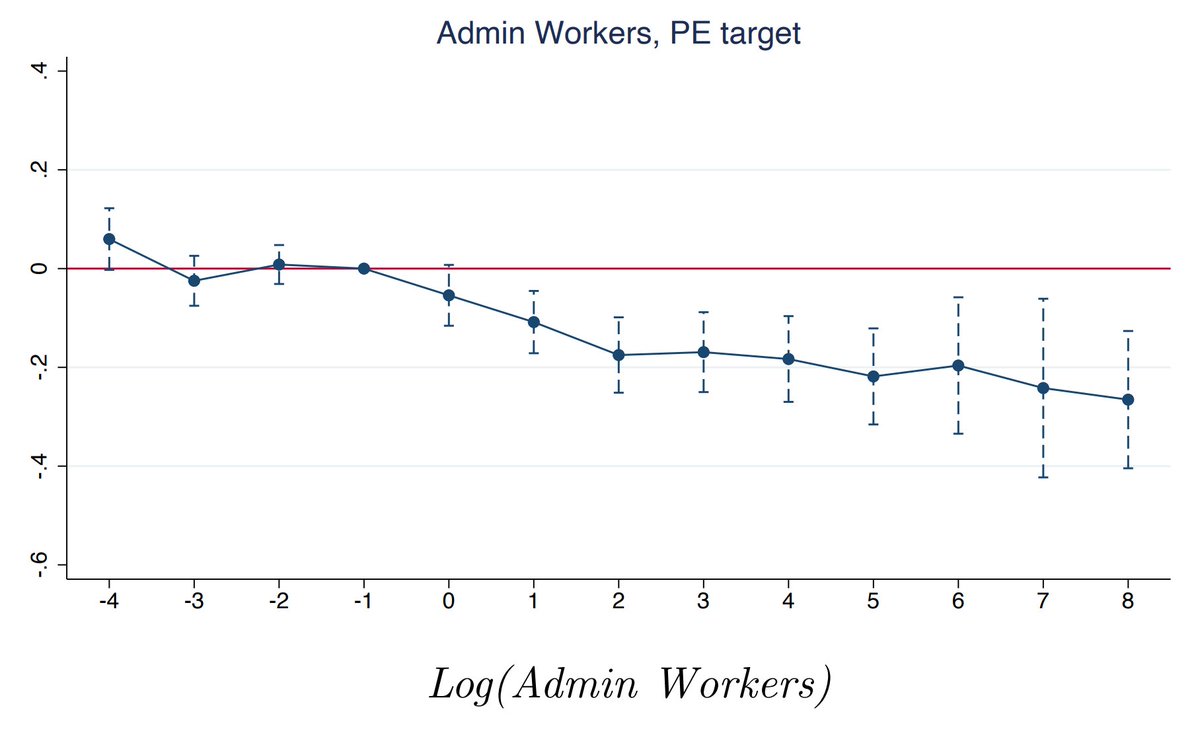
PE acquisition leads to a momentary decline in the numbers of core workers (nurses, physicians, pharmacists, etc.), but this fizzles out in the long run. 

By cutting a massive part of the administrative bloat (they also cut admin wages!), PE firms are able to turn hospitals around without sacrificing anything for patients or providers.

To be sure, there are cases where PE firms push certain specialties to bill for more, or they cut down on desirable services (like certain staff in nursing homes), but that's neither here nor there
What we see from hospital acquisitions is cutting bloat and it not mattering much
What we see from hospital acquisitions is cutting bloat and it not mattering much
If you want to fix the healthcare system, cutting administrators is not a shortcut.
In fact, administration is not even a uniquely American problem when you take account of the fact that America is just richer than peer nations.
In fact, administration is not even a uniquely American problem when you take account of the fact that America is just richer than peer nations.

If you wanted to be maximalist about cutting administrative bloat--which I doubt would work, but whatever--then you can take the Congressional Budget Office's estimates of single-payer simplification benefits to heart: They're still not much relative to total healthcare spending.

If you want to learn more, check out my latest article, on why administrative costs are an overstated part of why healthcare in America is so costly: cremieux.xyz/p/focusing-on-…
• • •
Missing some Tweet in this thread? You can try to
force a refresh



